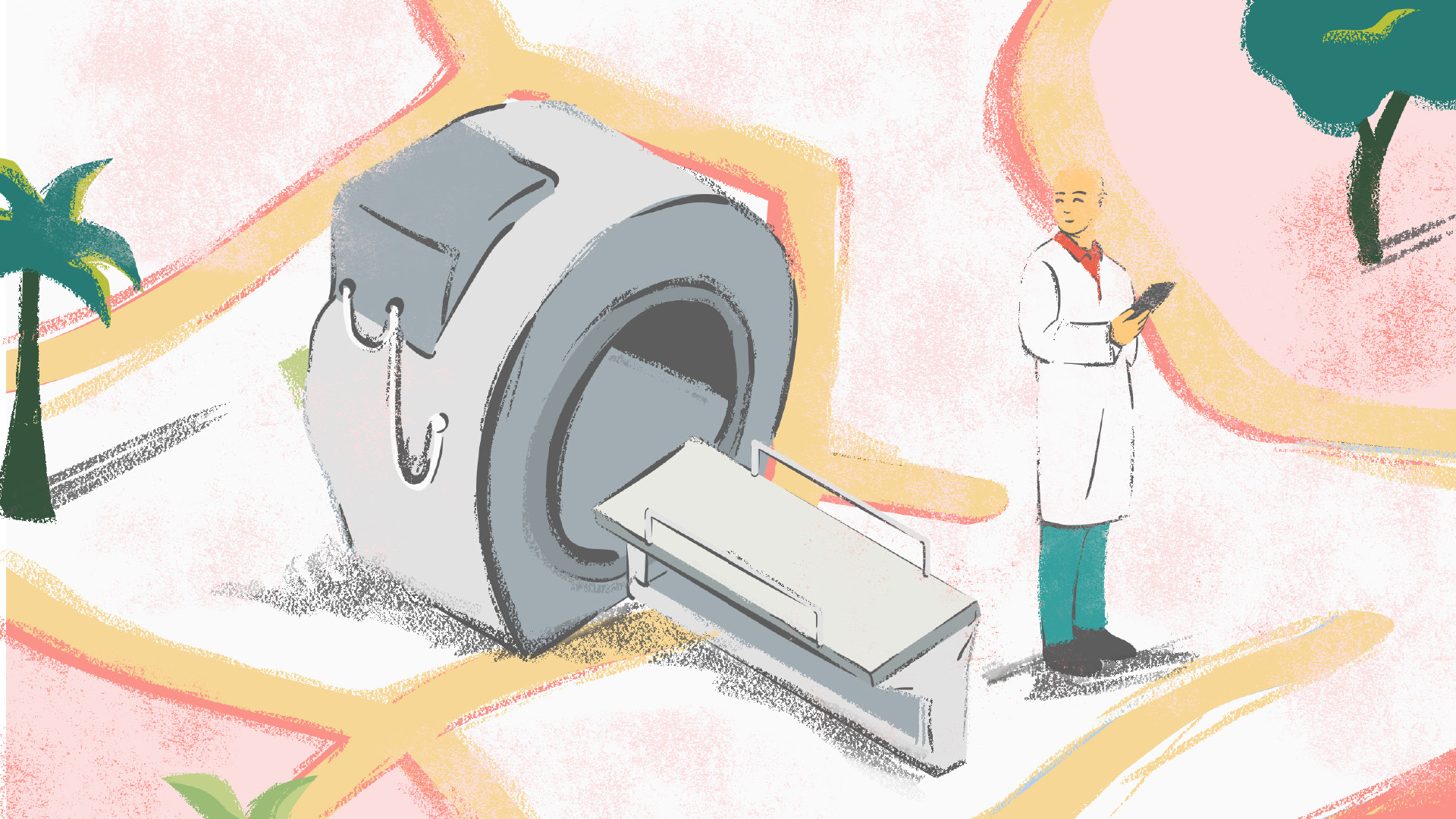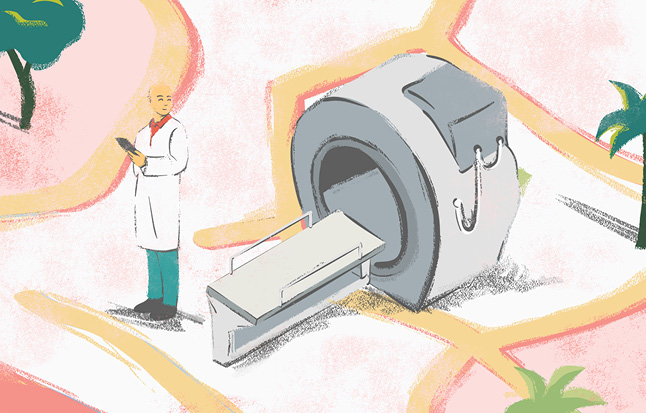- Arbitration
- Banking & Finance
- Capital Markets
- Commercial
- Competition
- Construction & Infrastructure
- Corporate / Mergers & Acquisitions
- Corporate Services
- Corporate Structuring
- Digital & Data
- Dispute Resolution
- Employment & Incentives
- Family Business & Private Wealth
- Innovation, Patents & Industrial Property (3IP)
- Insurance
Find a Lawyer
Book an appointment with us, or search the directory to find the right lawyer for you directly through the app.
Find out more
Level Up: Unlocking Financial Potential In The Middle East
Welcome to this edition of Law Update, where we focus on the ever-evolving landscape of financial services regulation across the region. As the financial markets in the region continue to grow and diversify, this issue provides timely insights into the key regulatory developments shaping banking, investment, insolvency, and emerging technologies.


2025 is set to be a game-changer for the MENA region, with legal and regulatory shifts from 2024 continuing to reshape its economic landscape. Saudi Arabia, the UAE, Egypt, Iraq, Qatar, and Bahrain are all implementing groundbreaking reforms in sustainable financing, investment laws, labor regulations, and dispute resolution. As the region positions itself for deeper global integration, businesses must adapt to a rapidly evolving legal environment.
Our Eyes on 2025 publication provides essential insights and practical guidance on the key legal updates shaping the year ahead—equipping you with the knowledge to stay ahead in this dynamic market.
The leading law firm in the Middle East & North Africa region.
A complete spectrum of legal services across jurisdictions in the Middle East & North Africa.
-
Practices
- All Practices
- Banking & Finance
- Capital Markets
- Commercial
- Competition
- Construction & Infrastructure
- Corporate / Mergers & Acquisitions
- Corporate Services
- Corporate Structuring
-
Sectors
-
Country Groups
-
Client Solutions
Today's news and tomorrow's trends from around the region.
17 offices across the Middle East & North Africa.
Our Services
 Back
Back
-
Practices
- All Practices
- Banking & Finance
- Capital Markets
- Commercial
- Competition
- Construction & Infrastructure
- Corporate / Mergers & Acquisitions
- Corporate Services
- Corporate Structuring
- Digital & Data
- Dispute Resolution
- Employment & Incentives
- Family Business & Private Wealth
- Innovation, Patents & Industrial Property (3IP)
- Insurance
- Intellectual Property
- Legislative Drafting
- Private Client Services
- Private Equity
- Private Notary
- Projects
- Real Estate
- Regulatory
- Tax
- Turnaround, Restructuring & Insolvency
- White Collar Crime & Investigations
-
Sectors
-
Country Groups
-
Client Solutions

- Law Firm
- /
- Insights
- /
- Law Update
- /
- September 2019
- /
- A Warm Welcome for Foreign Investment in Healthcare in the Kingdom of Saudi Arabia
A Warm Welcome for Foreign Investment in Healthcare in the Kingdom of Saudi Arabia
Somaia Bugis
 Way back in April 2016 in a blaze of publicity Vision 2030 was announced to the world. It promised to transform the Kingdom of Saudi Arabia (‘KSA’) (‘Kingdom’) and reduce its reliance on oil income for economic growth by channelling energies into other revenue streams. Certain sectors and industries were identified as having potential for growth with one area being the healthcare sector.
Way back in April 2016 in a blaze of publicity Vision 2030 was announced to the world. It promised to transform the Kingdom of Saudi Arabia (‘KSA’) (‘Kingdom’) and reduce its reliance on oil income for economic growth by channelling energies into other revenue streams. Certain sectors and industries were identified as having potential for growth with one area being the healthcare sector.
The goal was to improve the quality of healthcare services and promote competition amongst healthcare providers with a move towards the private sectors as opposed to the burden falling on the public sector and, ultimately, the public purse. It was recognised that it was necessary to create an environment that will attract both local and foreign investment by making it more attractive for the right investors to invest their expertise, capabilities, energy and finances in the Kingdom.
Vision 2030 also recognises the need to embrace healthcare information technology, as digital innovations are vital for sharing knowledge among healthcare professionals as well as improving the performance and productivity of healthcare providers. Eventually all medical records will be electronic based and with the objective of linking up the Ministry of Health (‘MOH) with healthcare providers in order to share patient information. We are seeing a lot of interest in healthcare information technology from foreign owned companies, especially in cloud based diagnostic software as they are keen to offer their services (through an appointed Saudi distributor) to healthcare providers and professionals.
Recent Position in Relation to Foreign Investment
Until recently there were limited options for foreign investment in the healthcare sector as foreigners could only own, operate and invest in large hospitals and were unable to invest in other healthcare institutions such as clinics, polyclinics and laboratories as well as support healthcare service centres such as physiotherapy, nutrition and optical centres. Furthermore, pharmaceuticals and medical devices not manufactured in KSA can only be distributed and sold within the Kingdom through an appointed and registered Saudi owned distributor. Therefore, the opportunities for foreign investment were slim even though the manufacture of pharmaceuticals and medical devices has been actively encouraged and ownership of hospitals became an option for foreign investors in 2015. Many manufacturers still choose to distribute their products through distributors and, to date, the uptake by foreign companies to own and operate hospitals has been slight as the Saudi Arabian General Investment Authority (‘SAGIA”) was only accepting applications for licences for large scale hospital projects until earlier this year. We believe there is no plan to allow foreign companies to directly sell and distribute pharmaceuticals and medical devices in the Kingdom and this will remain the preserve of Saudi owned entities and individuals.
Opening of Doors for Foreign Investment
In March 2019, it was announced that foreign companies could own and manage private healthcare institutions and support healthcare service centres in KSA with the exception of clinics and pharmacies. Article 2 of the Private Health Institutions Law and Executive Regulations issued by Royal Decree No (M/40) dated 3/11/1423 (corresponding to 6, January 2003) will be amended to reflect this change but it is not yet in force even though it has been approved. However, both the MOH and SAGIA have implemented the change and are accepting applications for operating licences and foreign investment licences respectively. Both authorities are encouraging of foreign investment and the MOH has even published a Healthcare Investor Licensing Guide, which documents all the recent changes to foreign investment in the Kingdom’s healthcare industry and explains, in simple terms, the licensing application process.
All healthcare institutions and support healthcare service centres must have a Saudi Managing Director and with the exception of hospitals and support healthcare service centres, all healthcare institutions must be supervised by a Saudi physician. Hospitals must have a qualified Saudi Medical Director rather than be supervised by a Saudi physician.
The operating licence application process has improved significantly and is now carried out online. From our experience, the process is relatively straight forward and efficient.
SAGIA has no minimum capitalisation requirements for healthcare investment, which is welcome news, as previous investment opportunities open to foreign investors required a substantial minimum investment. We recommend that all investment vehicles have a minimum capitalisation of five hundred thousand Saudi Arabian Riyals (SAR 500,000) as this is the usual minimum requirement expected by SAGIA as it demonstrates a firm commitment by the foreign investor to commit to investment in the country.
Both SAGIA and the MOH have reported significant interest from potential foreign investors and are proving to be very willing to assist potential investors. We are currently assisting a number of clients in exploring available options and establishing healthcare institutions and support healthcare service centres within the Kingdom. We believe that some large healthcare providers are watching the Saudi market closely and we know of at least one market leader that is keen to enter the Saudi marketplace.
Telemedicine
The MOH now offers licences for Telemedicine and Telehealth Centres (‘Telemedicine Centres’). In conjunction with this, the Telemedicine Regulations were, after much anticipation, finally published in June of this year and we shall discuss these regulations in more detail in our Healthcare Law Update to be published in November this year. Telemedicine Centres do not need to be owned by medically qualified investors but must have a Saudi Managing Director and be supervised by a suitably qualified medical professional (with no nationality specified.). Telemedicine Centres allow for the collaboration between medical institutions inside and outside Saudi Arabia to share knowledge and experience in order to make more accurate diagnoses. Telemedicine enables healthcare professionals within the country to have access to and assistance from expertise outside the Kingdom which will benefit patients and will enable Saudi based medical practitioners to develop expertise in their chosen field.
Through collaborations with medical institutions in other countries, a number of hospitals within the Kingdom already provide a telemedicine facility as an additional service to its patients. This is a growing trend and we expect to see more examples of this in the future. Healthcare insurance now provides for reimbursement of telemedicine fees which makes investment in this area even more attractive. Telemedicine and teleconsulting is ripe for investment and it will only be a matter of time before foreign investors recognise this opportunity.
The Kingdom’s Commitment to Foreign Investment
The opening up of foreign investment into healthcare institutions and support healthcare service centres this year demonstrates the Kingdom’s seriousness in developing and improving the private healthcare market to benefit its citizens. It is actively seeking foreign investment and is welcoming the right investors with open arms and is paving the way for easier incorporation without administrative delays and complications. We are confident that the healthcare market will change beyond recognition over the next few years with high quality healthcare services being available to all through traditional mediums and digital platforms. We anticipate that once the changes to foreign investment opportunities are widely known we shall see a number of foreign owned healthcare service providers and joint ventures with Saudi partners entering the marketplace throughout the Kingdom providing for healthy competition and heightened service levels as anticipated in Vision 2030. The changes have taken everyone by surprise and though longed for were not anticipated in practice. It is now time for foreign investors to enter the Saudi Arabian market with confidence and to help change the healthcare landscape. The opportunities are endless for the investor with vision, drive and ambition.
Al Tamimi & Company’s KSA Regulatory team regularly advises on healthcare matters. For further information please contact Julie Bassi (j.bassi@tamimi.com).
Stay updated
To learn more about our services and get the latest legal insights from across the Middle East and North Africa region, click on the link below.


